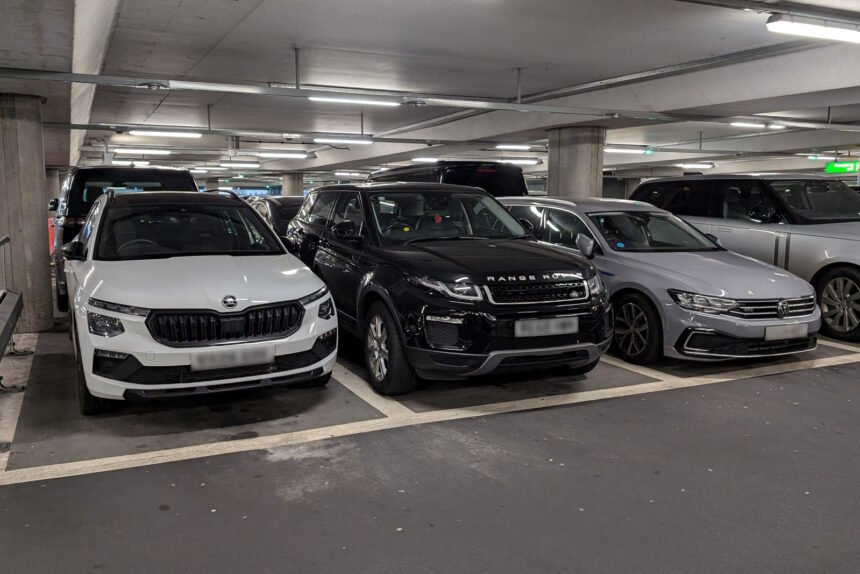New Parking Charges Proposed by Various Councils
Patrick Harley, the leader of Dudley Council, recently emphasized the need for the authority to generate more revenue, stating that “No one is going to die from having to pay £1.50 to park.” This statement comes as some councils across the UK are considering implementing additional charges for parking, particularly targeting larger vehicles.
One such council is Haringey Council, which is contemplating adding a supplement to resident parking permits for cars longer than 4.5 meters, potentially amounting to an extra £87 per year. Similarly, Bristol City Council is exploring the idea of imposing extra fees on heavier and more polluting vehicles for parking within the city limits. This approach mirrors that of London’s Islington Council, which already charges heavier cars more for parking permits. Interestingly, electric vehicles are not exempt from this charge as Islington Council argues that brake and tyre particles from these vehicles contribute to pollution.
Furthermore, Bristol City Council is also considering reducing the number of on-street parking spaces, a strategy already implemented by London’s Lambeth Council. The Kerbside Strategy adopted by Lambeth Council includes a 25% reduction in parking spaces in favor of installing electric vehicle charging points. Additionally, the council is implementing emissions-based pricing and a diesel surcharge to discourage the use of polluting vehicles.
Assessing the Impact of Parking Charges
£6.65: The highest average daytime hourly parking rate charged by Bracknell Forest Council.
145%: The increase in the average daytime parking rate in Sandwell, West Midlands, between 2022 and 2024, rising from 40p to 98p.
£300,000: The estimated cost to councils in lost parking revenue per week by reducing car parking spaces, as indicated by parking warden unions.







